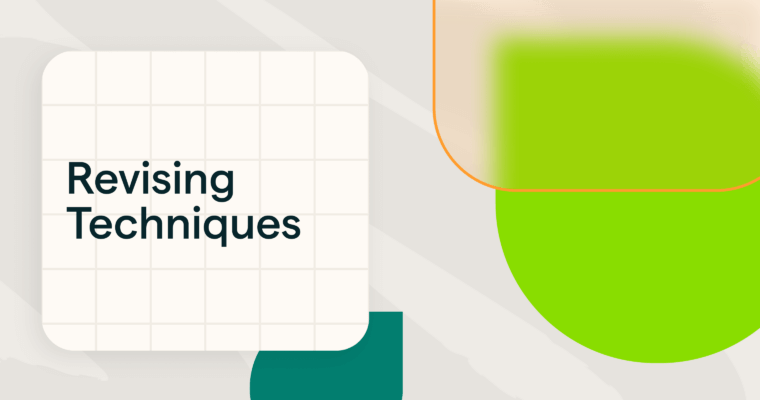Grammarly Blog: Your Ultimate Writing Resource
![]() Understanding AIHow AI Agent Collaboration Will Unlock Enterprise Impact
Understanding AIHow AI Agent Collaboration Will Unlock Enterprise Impact![]() Understanding AIFrom Systems of Record to Systems of Action: Preparing for Agentic AI
Understanding AIFrom Systems of Record to Systems of Action: Preparing for Agentic AI![]() Writing Process4 Proven Techniques for Revising Your Writing
Writing Process4 Proven Techniques for Revising Your Writing![]() Writing ProcessHow to Revise Effectively: A Step-by-Step Guide to Revising Your Writing
Writing ProcessHow to Revise Effectively: A Step-by-Step Guide to Revising Your Writing![]() Writing ProcessHow to Outline a Book in 7 Steps
Writing ProcessHow to Outline a Book in 7 Steps![]() WritingGrammarly Authorship wins 2025 EdTech Breakthrough Award
WritingGrammarly Authorship wins 2025 EdTech Breakthrough Award![]() Writing ProcessHow to Write an Effective Rough Draft: Practical Tips for Every Writer
Writing ProcessHow to Write an Effective Rough Draft: Practical Tips for Every Writer![]() Grammar TipsDirect and Indirect (Reported) Speech: Rules and Examples
Grammar TipsDirect and Indirect (Reported) Speech: Rules and Examples![]() WritingModernizing the Traditional Writing Assignment: Lessons from One Professor’s Approach at the University of Florida
WritingModernizing the Traditional Writing Assignment: Lessons from One Professor’s Approach at the University of Florida









